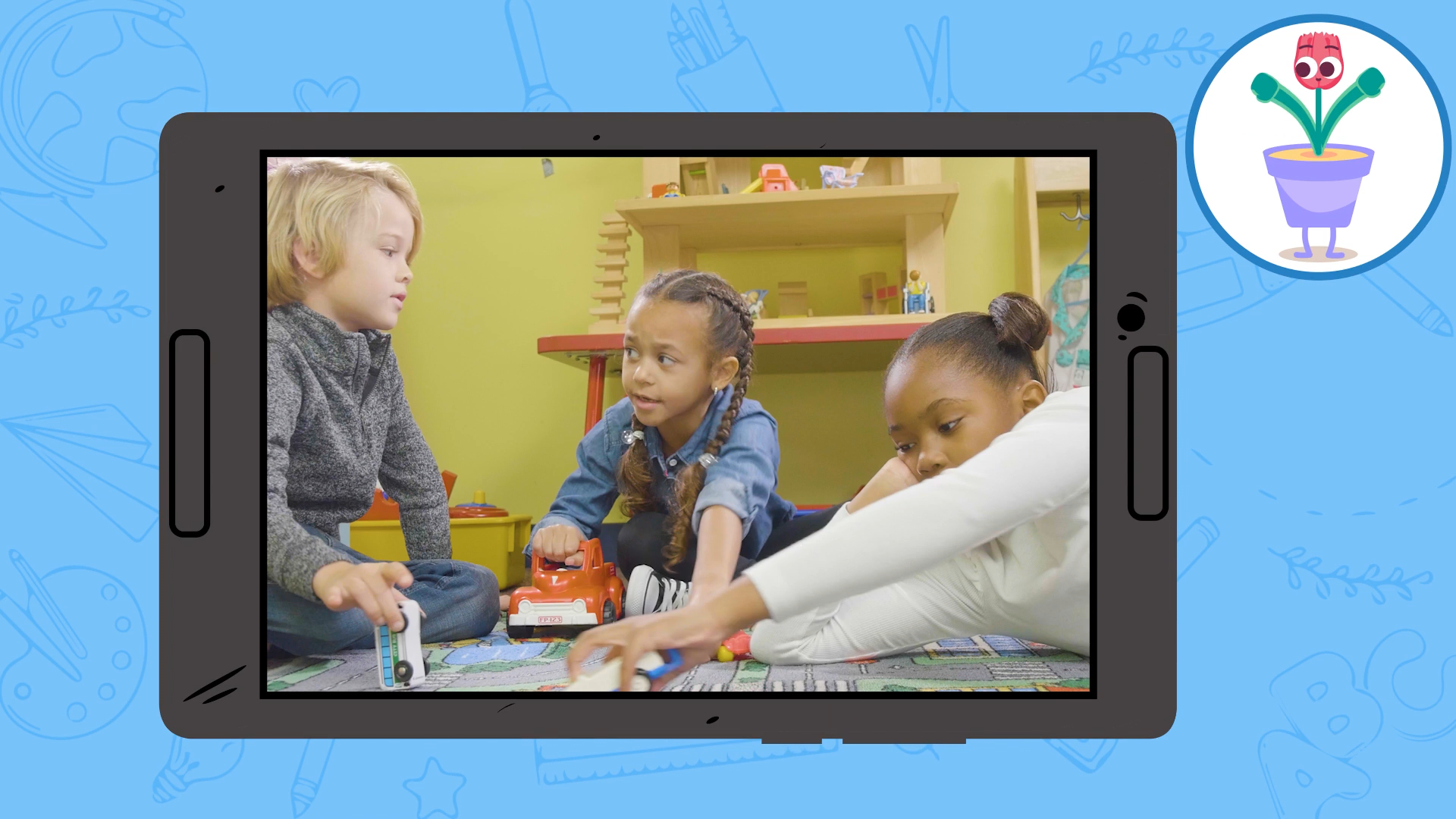
As educators, one of our primary goals is to foster an inclusive and supportive learning environment. In this blog post, we will focus on strategies for helping students in Special Education join group activities, promoting their social-emotional growth and sense of belonging.
Introduction
Joining group activities can be challenging for students in Special Education, as they may experience difficulties with communication, social cues, or anxiety. By guiding them through the process, we can help them develop essential social skills, build confidence, and create a more inclusive classroom environment.
No-Prep Activity
This no-prep activity will help students practice joining group activities in a supportive and structured way.
- Divide the class into small groups and assign each group a simple activity, such as building a tower with blocks, drawing a picture, or playing a board game.
- Have one student from each group step out for a moment. These students will be the ones practicing joining the group.
- When the activity begins, the students who stepped out should approach their groups and observe what the others are doing.
- Encourage the student to match their group’s actions and ask to join in. For example, they could say, “Can I help build the tower too?” or “May I join the game?”
- After the student has successfully joined the group, rotate roles so that each student gets a chance to practice joining.
This activity allows students to practice the steps of joining a group and provides a safe space for them to develop their social skills.
Discussion Questions
- Why is it important to observe what the group is doing before joining?
- How did it feel when you successfully joined the group? How about when you struggled to join?
- What are some ways we can support our classmates when they are trying to join a group?
- How can we create a more inclusive environment in our classroom?
- What other social skills can we practice to improve our ability to join group activities?
Related Skills
Joining group activities is just one aspect of social-emotional learning. Here are some related skills that students can benefit from practicing:
- Active listening: Paying attention to what others are saying, making eye contact, and responding appropriately.
- Empathy: Understanding and sharing the feelings of others, which can help create a supportive and inclusive environment.
- Assertiveness: Expressing one’s needs and feelings clearly and respectfully, which can help students advocate for themselves in group situations.
- Conflict resolution: Learning to resolve disagreements in a constructive and respectful way.
Next Steps
Now that you have some strategies for helping students in Special Education join group activities, it’s time to put them into practice. To further support your students’ social-emotional growth, consider signing up for free sample materials from Everyday Speech. These resources can help you teach a wide range of social skills and foster a more inclusive learning environment.

